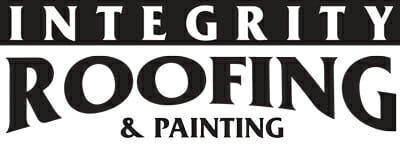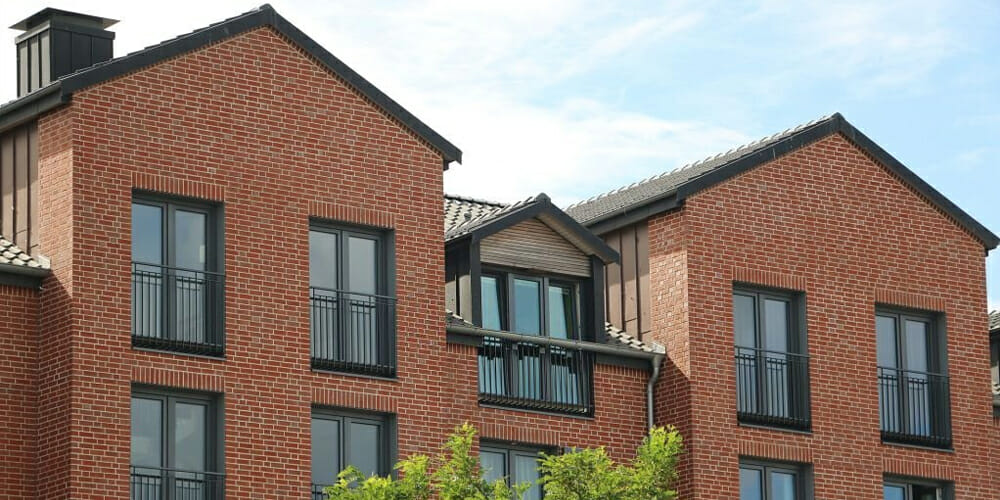The following information regarding Littleton, Colorado roofing code is adapted from www.littletongov.org. The city of Littleton, CO is located at 225 West Berry Avenue, Littleton, CO 80120. They can be reached at 303-795-3700. The following summary is only a brief synopsis of the governing roofing code. More details can be given by contacting a building inspector with the city of Littleton. This data summarizes some of the more frequently asked questions from homeowner’s and Denver roofers alike.
Littleton, Colorado Roofing Code
- All new roof installations require a permit.
- 2012 IRC Code was placed into effect on January 1, 2014.
- Please check the city limits map of Littleton before applying for a permit.
- Repairs that exceed 100 square feet or better none as one square in the roofing industry will require a roof permit.
- A mid-roof inspection is required. This inspection is unique in that the building department only wants the roof to be covered with underlayment. The roofing company in Littleton, CO will not be allowed to install and shingles or and form of roof covering on the roof prior to the inspection.
- Contact Little, Colorado inspection department at 303-793-3738 to schedule a roof inspection.
- The inspection will be scheduled for the next opening on the calendar. This may or may not be the following day depending upon the number of inspections that is on the calendar and any potential inclement weather.
- Most of the installers in this area are from Denver, therefore each Denver roofing company is required to provide a secured ladder for the roof inspector.
- A vulnerable area on the roof is the roof edge. Gutter apron and/or drip edge is required for both the rake edge of the roof and the horizontal plane of the roofs edge, better known as the eave or fascia. Further requirements are for the metal edges to extend at least 1/4″‘ below the roof decking material and to extend onto the deck a minimum of two inches.
- A water proofing underlayment is required for installation along the eaves. This is to minimize any negative impact from the formation of ice dams which are frequent in our community. Furthermore the ice and water shield is required to extend to a vertical plane within the building to a minimum of two feet from the buildings interior.
- Attic ventilation is required for roof installations in Littleton, CO. Attic spaces that are enclosed, including a cathedral ceiling where a barrier between the living space and decking or better known as a ceiling is directly applied underneath of the ceiling rafter will require ventilation. 1/150 sf is the minimum net free area of ventilation that is required for the attic space.
- Soil pipe jacks, better known as 3 in 1 boots will need to be replaced due to the neoprene boot degrading as a result of ultraviolet rays from the sun. These should be recycled on a roof, unless the neoprene is in like new condition, which would be rare.
- All flashing, including vents, attic vents, furnace vents, chimney flashing, fireplace flashing, skylights, wall to roof flashing must be of like new quality. Damaged, kinked, rusted flashing will need replacing.
- All wall to roof flashing, including head wall flashing, counter flashing, step flashing and 4×5 are required for every roof install. On cases of stucco, stone work, brick and various other materials counter flashing may be omitted if the protruding top edge of the wall flashing is covered by a suitable building material as mentioned. Contact a building inspector for more details.
- Granulated traditional roofing better known as mineral surfaced will not be allowed on a residential or multi-family dwelling. You may need to consult with a roof inspector for installation of this product may be acceptable on a detached building. Further investigation would be needed before applying this product on an out building.
- Wood shingles and wood shakes that are of a #1 grade appear to be an acceptable product for roof installation. Before installing this flammable product on a roof I’d highly advise contact your insurance company to determine if the insurance rate premium increase is acceptable. Secondly, double check with the building department to make sure that this is an acceptable product. Many of the roofers in Denver would advise against this product. Integrity Roofing and Painting, LLC would not install a wood shake or shingle on your home for the risk of fire danger is too great from our perspective.
- Majority of homes in Little will have asphalt shingles installed and the must comply with ASTM D 3462 or ASTM D 225 of ASTM D 3161 of ASTM D 7148 for windspeed resistance. All of the shingle packages will have this information listed or this information will be posted by the shingle manufacturer.
- In order to install shingles on your home the roof plane must be at least 2/12. For every foot the slope will have to rise a minimum of two inches. Rise and run equate to what is known as a roof pitch.
- A unique physical dynamic occurs when the roof place is less than a 4:12 pitch and capillary action of water may occur. Water is known to travel uphill on low pitches. Any roof that is between 2:12 – 4:12 will be required to beef of the roofing underlayment prior to installation of shingles. A double row installation of 15# felt installed according to the shingle package is required. Every professional roofing company in Denver and their installers should have practical experience for proper low slope installation of double felt. We highly recommend that you interview the prospective contractors to make sure they have full understanding. You can consult a shingle manufacturers website on low slope installation of felt to create important questions for the roofer.
- Roof decking is extremely important and the existing substrate must be determined before preceding with a roof replacement. Before installing asphalt shingles it is imperative to verify that the roof deck is made of 4×8 sheets. CDX or OSB sheathing is required. In the unusual case that wood planks were originally installed and they have no gaps and are not curling than you may need to have a pow wow with the building inspector to review whether or not this roof deck is acceptable.
- Review the high wind requirement of ASTM D 7148 by checking the shingle package or shingle manufacturer’s online site to make sure the product is in compliance with Littleton, Colorado.
- If any part of the roof is high-slope or a mansard roof than follow the shingle package special installation instructions for high winds. You may find that not all roofing companies in Denver follow this nailing requirement. We recommend that you address the nailing pattern and application of plastic cement requirements of very steep roofs before selecting a contractor. Shingles will slide off the roof or blow off the roof if they are not installed properly.
Integrity Roofing and Painting, LLC, a Littleton, Colorado Roofer
Contact Integrity Roofing and Painting, LLC for installing a roof in Littleton, Colorado. We are a Shingle Master Company, only 1% of all roofing companies in Denver have achieved this status. Local codes meet minimum standards for roof installation and we’d like to discuss further roofing options with you.

